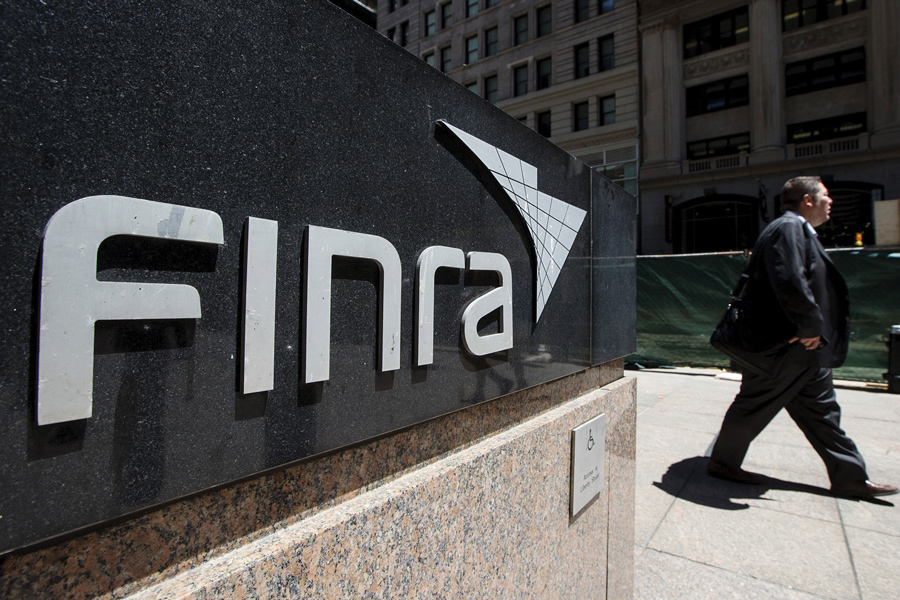

A Finra arbitration panel has ordered Memphis, Tenn.-based Wunderlich Securities to pay compensatory damages of $7 million and $2.8 million in interest to New York-based investment firm Dominick & Dickerman.
In the arbitration, attorneys for Dominick & Dickerman argued that Wunderlich committed common law fraud and negligent misrepresentation, violating the Financial Industry Regulatory Authority Inc.’s Rule 2010, which deals with fraud or deceit in connection with the purchase or sale of a security. Wunderlich acquired the wealth management business of Dominick & Dominick in 2015, after which the firm reverted to the name used at its founding in 1899.
“It’s rare for the Finra rule to be invoked when one firm acquires another, but it reflects the true nastiness of this catfight,” said an attorney not associated with the case who spoke on background.
When asked for details on the arbitration, James Henseler of Hughes Hubbard & Reed, attorneys for Dominick & Dickerman, declined to comment.
The arbitration panel also awarded $500,000, plus interest of $201,756, to Michael John Campbell, CEO of Dominick & Dickerman.
In addition, Wunderlich was required to pay Dominick & Dickerman $65,020 in costs and $818,778 in attorneys’ fees, as well as $2,500 to reimburse Dominick & Dickerman for nonrefundable filing fees.
In 2017, B. Riley Financial, a publicly traded investment bank in Woodland Hills, Calif., bought Wunderlich Securities for about $72 million in stock and cash. B. Riley also owns FBR & Co., the parent of Friedman Billings & Ramsey, a mid-market investment bank.

While industry statistics pointing to a succession crisis can cause alarm, advisor-owners should be free to consider a middle path between staying solo and catching the surging wave of M&A.

New joint research by T. Rowe Price, MIT, and Stanford University finds more diverse asset allocations among older participants.

With its asset pipeline bursting past $13 billion, Farther is looking to build more momentum with three new managing directors.

A Department of Labor proposal to scrap a regulatory provision under ERISA could create uncertainty for fiduciaries, the trade association argues.

"We continue to feel confident about our ability to capture 90%," LPL CEO Rich Steinmeier told analysts during the firm's 2nd quarter earnings call.
Orion's Tom Wilson on delivering coordinated, high-touch service in a world where returns alone no longer set you apart.
Barely a decade old, registered index-linked annuities have quickly surged in popularity, thanks to their unique blend of protection and growth potential—an appealing option for investors looking to chart a steadier course through today's choppy market waters, says Myles Lambert, Brighthouse Financial.
